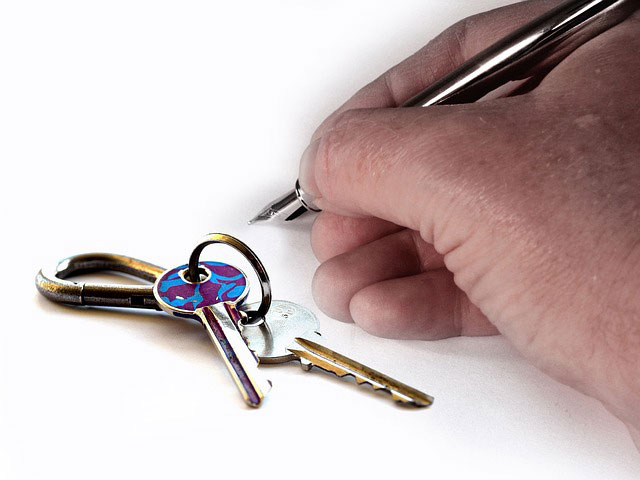
The most difficult part of your task is done. You've put in the time and effort to get your
house in shape for selling. You've cleaned up your yard and repaired that leaky faucet. Then, you went through the process of getting your home listed, and, finally, you found a buyer. Now that negotiations are over as well, there's only one thing left to do: close on the sale.
What does that mean, exactly? What is closing? Sometimes it's called settlement or escrow, but, basically, it's the very last step in the
selling process. It's the handshake that seals the deal, the act of signing on the dotted line.
Who is involved?
The process of closing on the sale of your home varies from place to place. In some jurisdictions, the seller doesn't even need to be present at the closing. For the most part, though, the following people will be there:
- Mortgagor – The person borrowing the loan for the home, the buyer. They buyer will also have his or her real estate agent present (if he or she has one).
- Mortgagee – The lending company that is providing the mortgage.
- Home seller – You and your real estate agent.
- Attorneys – The lawyers representing you and the buyer.
- Closing agent – The person who oversees the closing procedure. This person usually works for the lender or the title company.
- Title company representative – His or her job is to provide written evidence (the title) of the ownership of the property.
What are your responsibilities?
Prior to closing day, you will need to find a title company. The job of the title company is to examine the
title deed, which is the document that transfers ownership of the property from you to the buyer. They will make sure that the documentation is in order and that there aren't any disputed claims of ownership on the property.
Whether you've
hired a real estate agent or sold your home
independently, you're going to need a lawyer during closing. Your lawyer will work with the buyer's legal representation to draw up the contract of sale. This contract includes all of the details of the sale including the sale price, amount of the down payment, dates of closing and possession (wherein the buyer takes full ownership of the property), conditions of the sale (e.g., contingencies such as inspections), and who will pay for closing costs.
It's the job of your lawyer to make sure the contract is fair and to advise you on any other applicable legal matters.
Once you've signed all the paperwork, all you have to do is make sure you are moved out of the house by the date of possession. Remember, Movers.com is here to help you with the process of moving out of your home and into another. To get started, just fill out the quick form on our homepage for
free moving quotes. Then, check out all of our
Moving Guides for tips and advice on all aspects of your move.